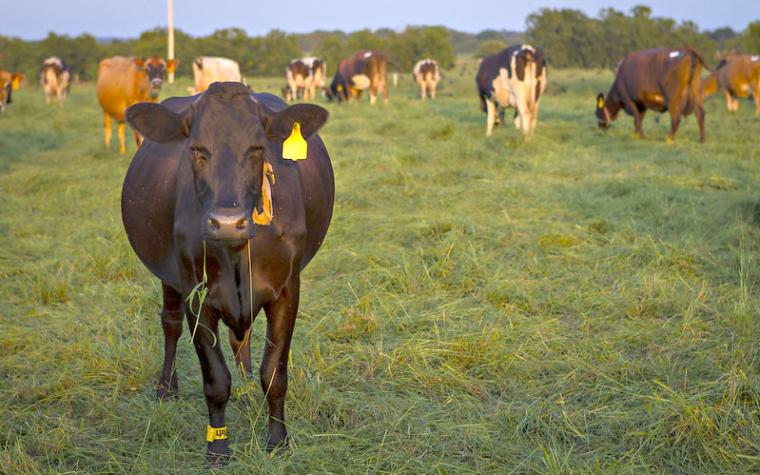
Add value, manage market volatility by selling beef directly to consumers
COLUMBIA, Mo. – Despite cattle prices being near all-time highs, marketing beef direct-to-consumer still adds value to beef operations. Two updated University of Missouri Extension guides help producers understand the numbers and methods behind marketing your beef to consumers.

Monett Agriculture Conference set for Feb. 24
MONETT, Mo. – The Monett Agriculture Conference once again features dairy during the morning session and beef production in the evening. On Tuesday, Feb. 24, the Monett Armory in Monett will be filled with vendors supporting the education event for agriculturalist of the region, said University of Missouri Extension dairy specialist Reagan Bluel.
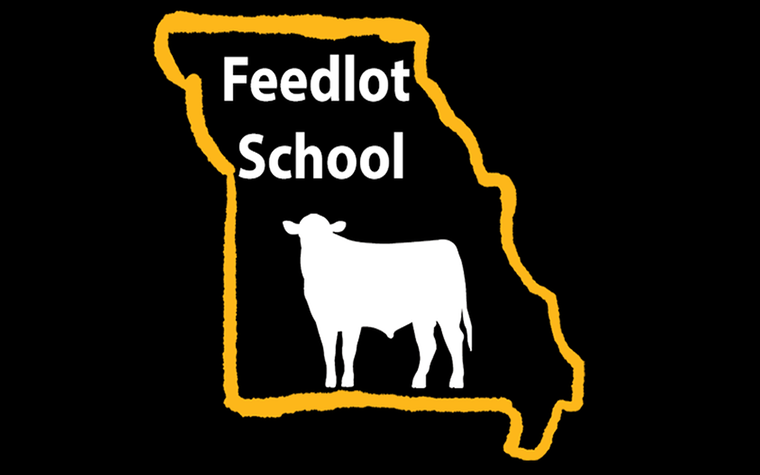
Keeping Missouri calves home
Each year, thousands of Missouri calves leave the state shortly after weaning. Leaving with them is the opportunity to add value, strengthen local economies and grow producer profits. University of Missouri Extension is working to change that through its expanded Feedlot School program.
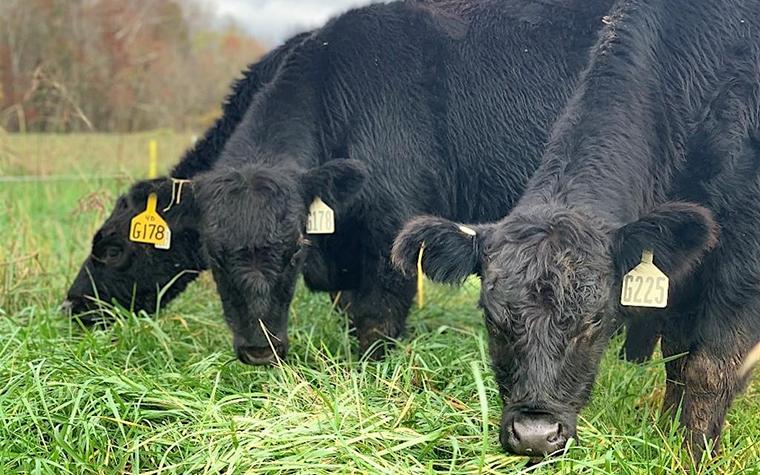
Alliance for Grassland Renewal offers free two-part webinar
COLUMBIA, Mo. – The Alliance for Grassland Renewal will present a free two-part evening webinar on “Improving the Production Efficiency of Tall Fescue-Based Forage Systems” on Feb. 12 and 26. Participants can attend either or both stand-alone events. A full agenda is on the Alliance for Grassland Renewal website.
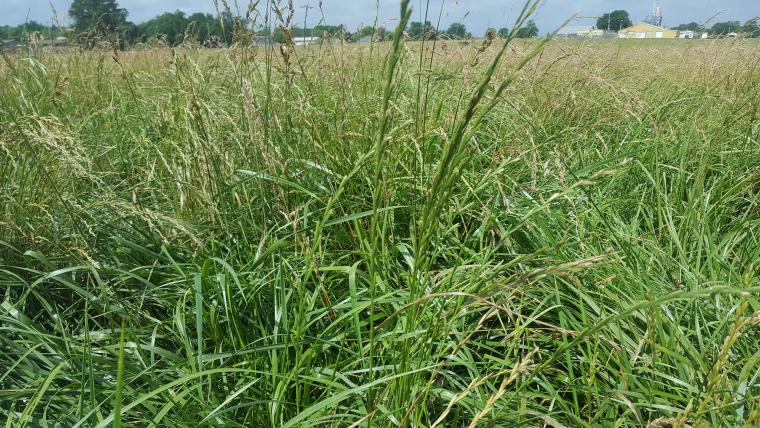
Stretch your winter feed supply by renting acres for stockpiled fescue
MOUNT VERNON, Mo. – A well-stocked hay inventory is one of the best forms of insurance a livestock producer can have, says Caleb O’Neal, University of Missouri Extension field specialist in plant science. By renting additional acres dedicated to stockpiling forage, producers can improve their chances of maintaining a dependable supply of high-quality feed at a predictable cost throughout the year, O’Neal says.
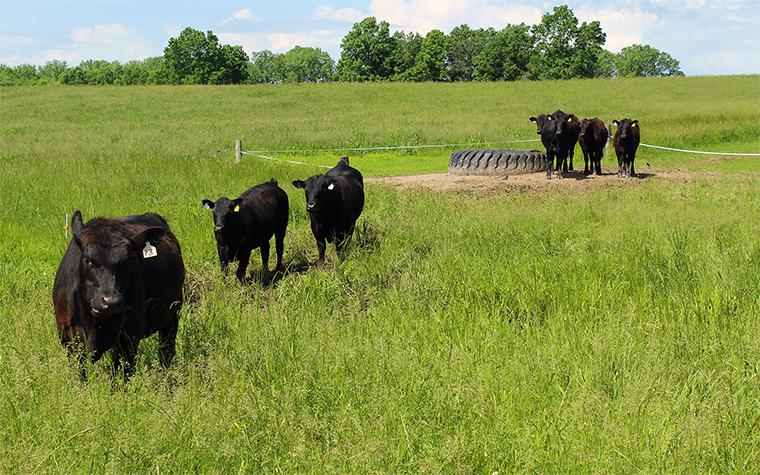
Why rotational grazing isn’t working
Rotational grazing promises healthier pastures and higher returns, but labor, water limits and rigid plans often derail it. MU Extension forage specialist Carson Roberts explains why it fails—and how smarter rotations, better water access and flexibility can make it work.

Three ways to be more profitable making hay
COLUMBIA, Mo. – Haymaking is a game of threes, says University of Missouri Extension state forage specialist Carson Roberts. To be profitable, producers must manage three key factors: equipment expenses, quality and yield.

SW MO Beef Cattle Conference set for Feb. 27 in Springfield
MU Extension is partnering with Missouri State University to provide the SW MO Beef Cattle Conference, which will educate cattle producers on a variety of current topics in the cattle industry. The conference is MSU's Darr Agricultural Center in Springfield.
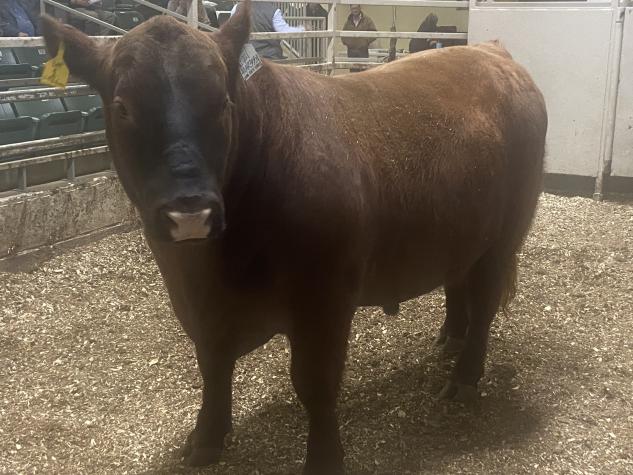
National survey looks at beef producers' bull-buying decisions
COLUMBIA, Mo. – A new national survey aims to better understand how beef producers make bull-buying decisions and how extension programs can better support those producers.
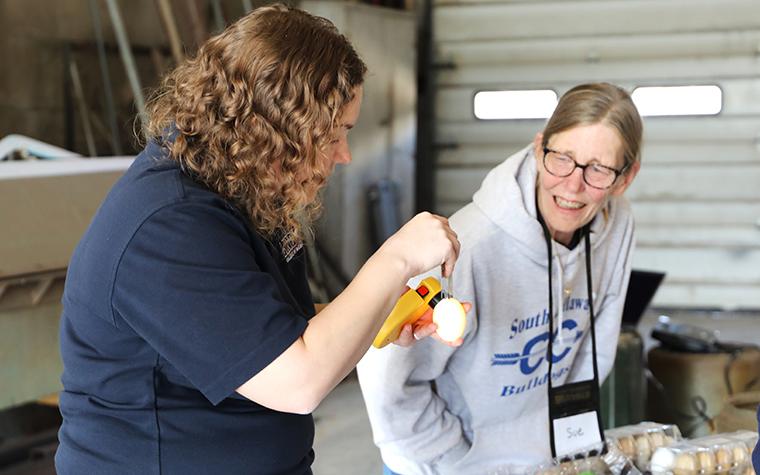
Pearls of Production returns Feb. 28 in Columbia
COLUMBIA, Mo. – The 2026 Pearls of Production Conference is set for Saturday, Feb. 28, at the University of Missouri Beef Research and Teaching Farm in Columbia. This in-person gathering promises a full day of hands-on learning, idea exchange and inspiration, says Heather Conrow, MU Extension livestock and poultry specialist.
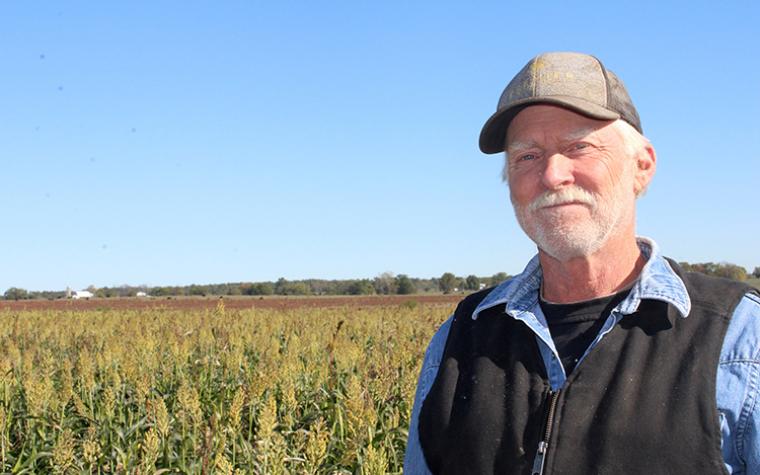
Producer enjoys continued success with milo grazing
University of Missouri Extension specialists find that producers see up to $300 savings in feeding costs per calf when their livestock graze standing milo through the winter.

Updated budgets show improved cow-calf outlook for 2026
FORSYTH, Mo. — University of Missouri Extension recently released updated Missouri Beef Cattle Enterprise Budgets, which provide new estimates of income and expenses for 2026. “The budgets look favorable for cow-calf producers in the coming year, but as we’ve seen, markets can change quickly,” says Jacob Hefley, MU Extension field specialist in agricultural business.

MU Extension expands Feedlot School on backgrounding, finishing for value-added Missouri beef
COLUMBIA, Mo. – University of Missouri Extension will host three two-day Feedlot Schools in January and February giving cattle producers a practical roadmap for retaining calves longer in Missouri and capturing more value through backgrounding and finishing.

Numbers low but prices high at SW Missouri All Breeds Performance Tested Bull Sale
“The numbers were low, but the prices were high at the Southwest Missouri All Breeds Performance Tested Bull Sale on Oct. 27 in Springfield,” says Patrick Davis, MU Extension livestock field specialist. Twenty-one bulls sold for an average of $7,128 per bull.
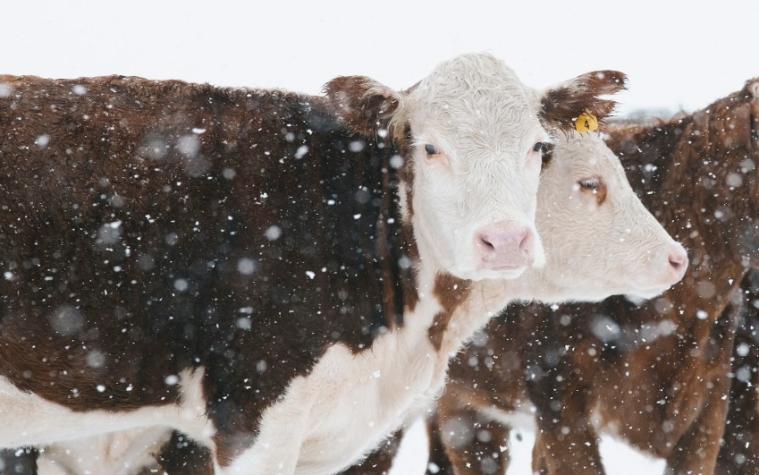
Theileria losses may qualify for USDA Livestock Indemnity Program
Beef producers who have lost cattle to Theileria orientalis may qualify for financial assistance through USDA’s Livestock Indemnity Program, says Craig Payne, MU Extension director of veterinary medicine. The program provides payments to livestock owners when deaths exceed normal mortality due to weather, predator attacks or eligible diseases.

Full crowd for strong Show-Me-Select replacement heifer sale
STOCKTON, Mo. – “A full house saw a strong Show-Me-Select Replacement Heifer Program sale on Nov. 21 at Joplin Regional Stockyards,” says Patrick Davis, University of Missouri Extension livestock field specialist. The sale saw 246 heifers sold from 13 consignors for an average price of $4,177 per heifer.
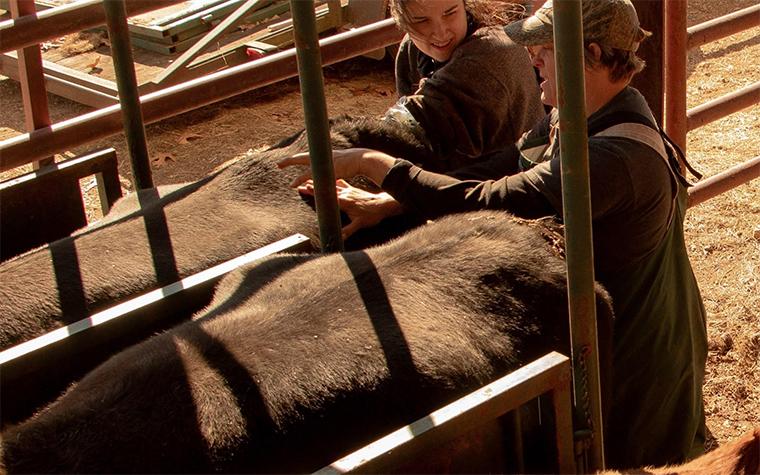
Cattle AI school equips producers with breeding skills
Producers sharpen cattle-breeding skills in a hands-on artificial insemination school, learning anatomy, semen handling, synchronization and herd-building strategies.
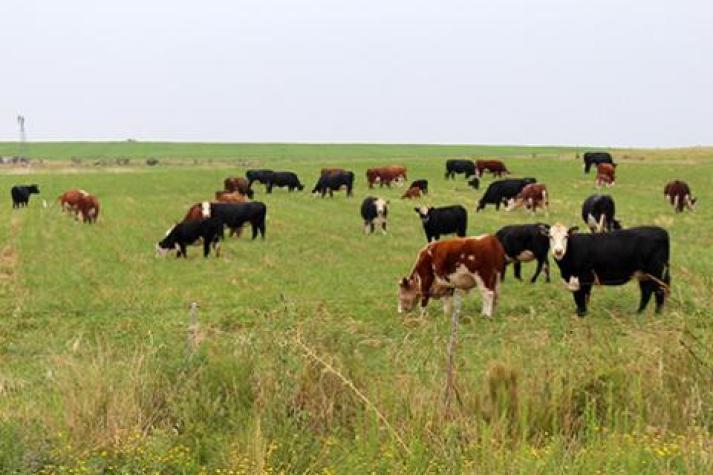
Cattle disease that causes anemia spreading in Missouri
University of Missouri Director of Veterinary Extension Craig Payne urges cattle producers to watch for signs of disease associated with Theileria orientalis (ikeda), a protozoal organism recently detected in Missouri.
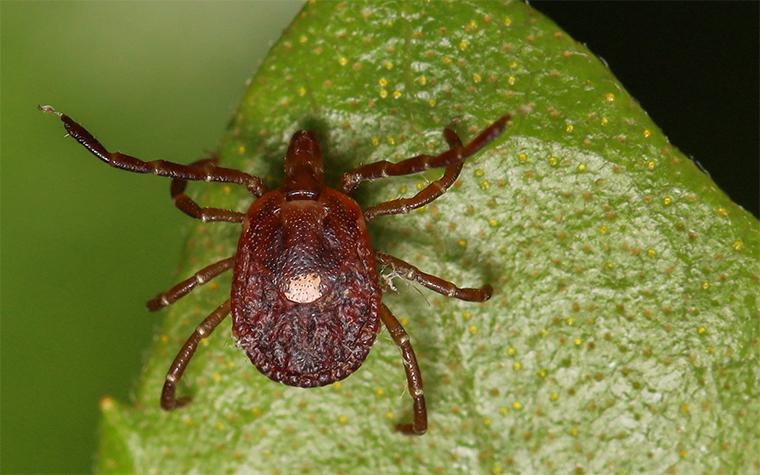
Livestock producers face health threats from ticks
Due to the nature of their work, livestock farmers are often exposed to ticks, which can cause serious health issues, including alpha-gal syndrome, which can cause an allergy to red meat, milk and some animal byproducts.

2026 Redbook available at your local MU Extension center
Start your 2026 cattle operation recordkeeping on the right foot by purchasing your Redbook, produced by the National Cattlemen’s Beef Association. The pocket-size record books are available for sale through county MU Extension centers.
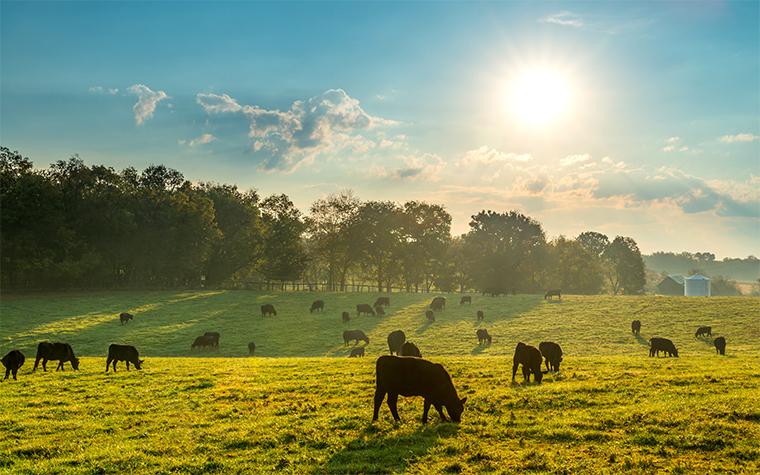
Updates to Livestock Risk Protection insurance give producers more flexibility
Livestock producers now have more flexibility under recent updates to USDA’s Livestock Risk Protection (LRP) program, which helps safeguard against unexpected price declines in feeder cattle, fed cattle and swine markets. MU Extension has updated its publication on LRP to reflect the most recent program changes.
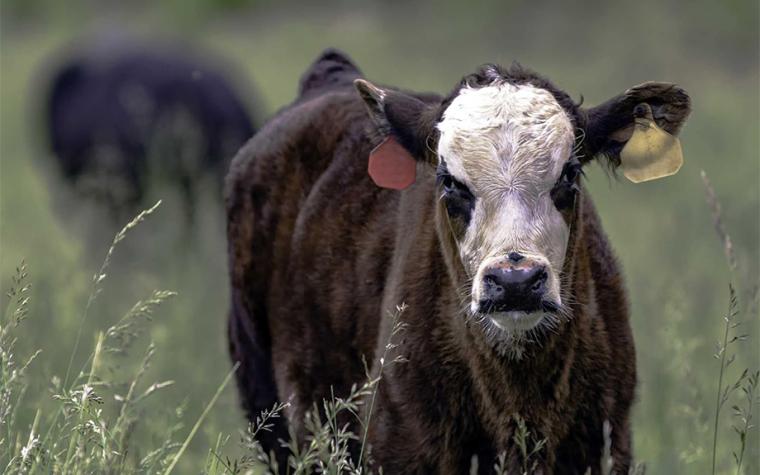
Favor older, earlier-calving bred heifers at auction this fall
University of Missouri Extension state beef nutritionist Eric Bailey suggests a review of data shows that early-calving bred heifers pay off many times over in the long run.
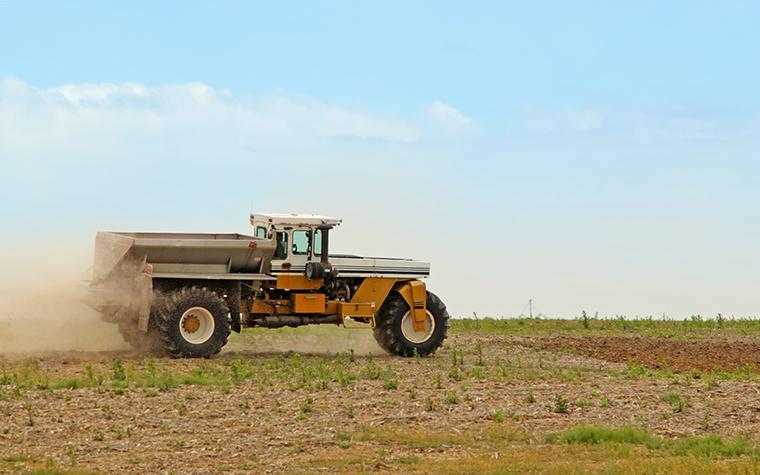
Is the 'going rate' going up?
Farmers and agricultural service providers across Missouri are invited to participate in University of Missouri Extension’s Custom Rates Survey. This triennial survey helps shed light on the costs associated with custom farming operations such as tillage, planting, spraying, harvesting, land management work and machinery rental.
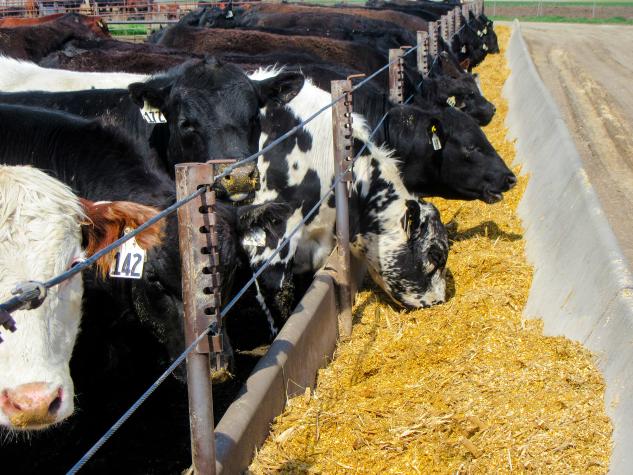
Big profits in 2024-25 Missouri Steer Feedout
STOCKTON, Mo. – “The Missouri Steer Feedout Finale showed that producers were very profitable in feeding steers over the last year,” says Patrick Davis, University of Missouri Extension livestock field specialist. Held in conjunction with the Barton County Cattlemen’s Association meeting on Sept. 9 in Lamar, the event discussed the results of the steers fed at the Show Me Youth Ag Academy Feedlot near Newport.
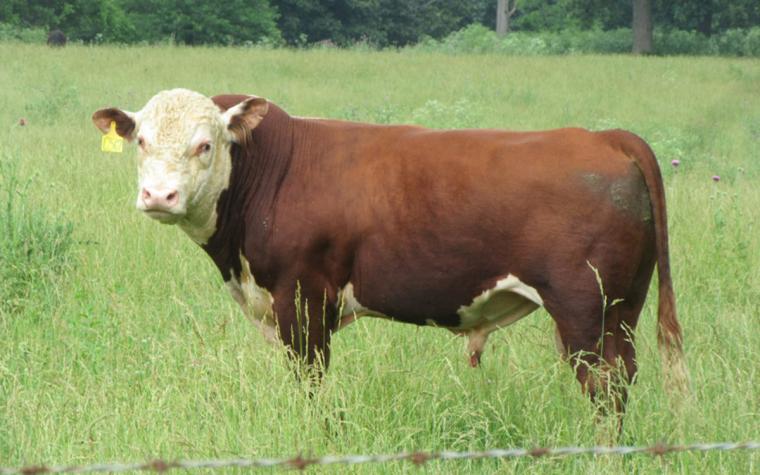
Have you scheduled your bull breeding soundness exam?
STOCKTON, Mo. – Have you scheduled your bull breeding soundness exam? Patrick Davis, University of Missouri Extension livestock field specialist, suggests your bulls have a BSE prior to each breeding season.